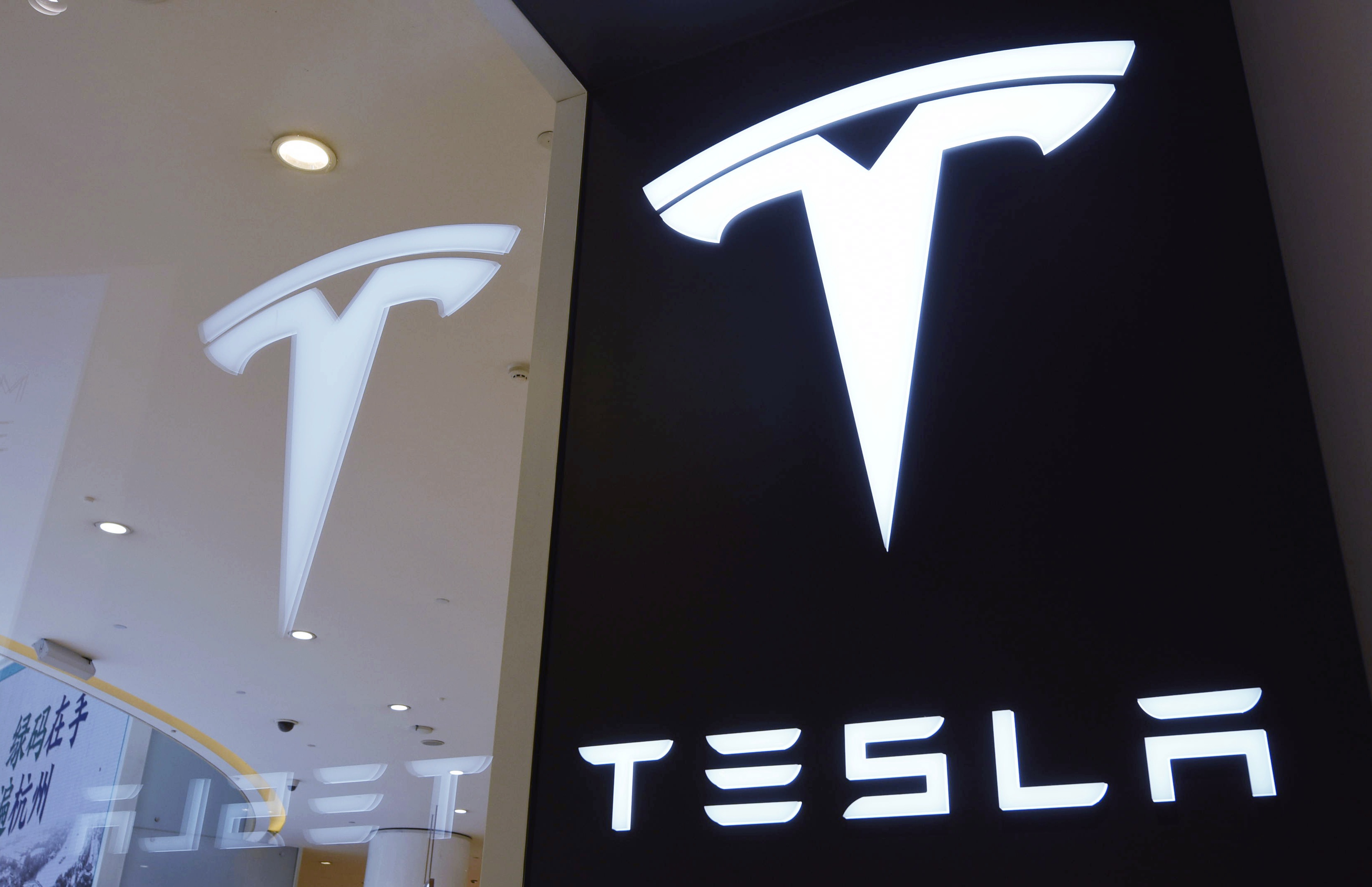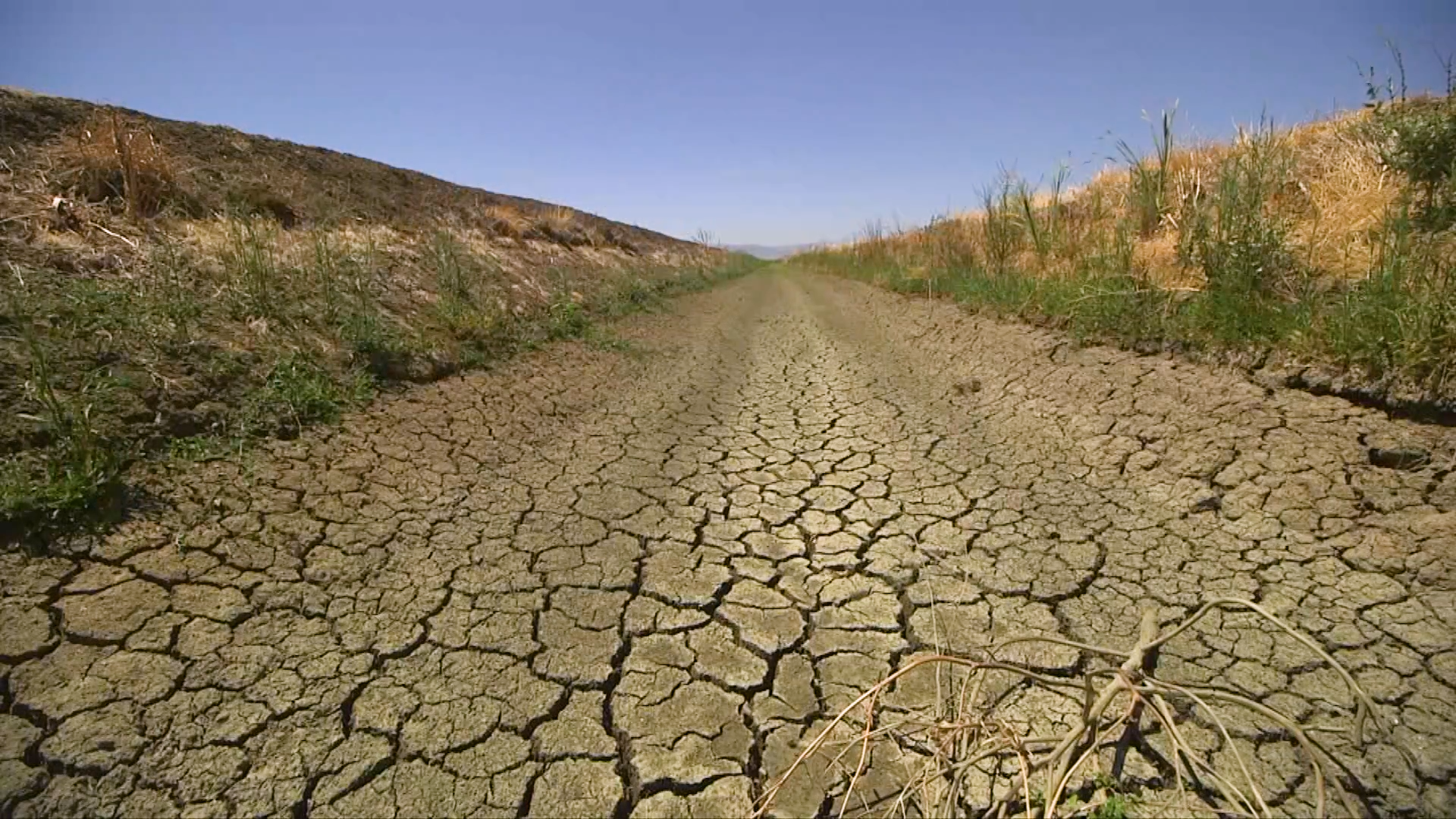
After gas prices in California spiked to more than $6.40 per gallon last summer, Gov. Gavin Newsom led a charge against an industry he says is “ripping you off."
Months later, it's not clear if California's Legislature is following him.
Newsom, a Democrat, called lawmakers into a rare special session in December to pass what would be the nation's first penalty on excessive oil company profits. But the bill is still sitting in the Democratic-controlled Legislature three months later, with no details on how much the penalty would be or when oil companies would have to pay it.
The oil industry spent about $34 million lobbying the Legislature in the last two-year session and remains a powerful political force, particularly among Democrats who represent parts of the state where the industry provides jobs. The proposal would need support from a majority of lawmakers to pass.
The bill is a big risk for Newsom, who was just reelected in November and is seen as a possible presidential candidate ahead of 2024. Newsom has embraced electric cars, ordering state regulators to ban the sale of most new gas-powered cars by 2035. But for decades gasoline is likely to continue to be a critical commodity in California, a state that has twice as many licensed drivers as any other state.
Historically, California's gas prices have always been higher than the rest of the country because of the state's higher taxes and fees, and the special blend that gasoline regulators require because it is better for the environment.
But state regulators say they can't explain recent price spikes like the one last summer that, at its peak, had some California commuters paying as much as $8 per gallon while oil companies recorded super-sized profits. Newsom's solution is to penalize oil companies when their profits get too high, and return that money to the public.
During the bill's first public hearing in the state Senate on Wednesday, many Democrats were sympathetic to drivers hit by price spikes. But several Democrats appeared to be skeptical.
“What the hell are the possible unintended consequences that could hurt those very people to a greater extent?” asked state Sen. Bill Dodd, a Democrat from Napa.
Get a weekly recap of the latest San Francisco Bay Area housing news. Sign up for NBC Bay Area’s Housing Deconstructed newsletter.
Dodd wanted to know what would stop oil refiners from simply shipping their product to other states in order to avoid California profits that could trigger a penalty. State Sen. Steven Bradford, a Democrat from Los Angeles, wondered how the Newsom administration would return the money to the public.
Nicolas Maduros, director of the California Department of Tax and Fee Administration, said years of data show California is one of the most profitable markets for these oil companies, meaning it wouldn't make sense for them to stop selling gasoline there. Plus, he said the Newsom administration hopes the penalty would never be needed.
“This isn’t a tax. It's not meant to raise revenue. It's meant to change behavior,” Maduros said.
Catherine Reheis-Boyd, president and CEO of the Western States Petroleum Association, said the real reason for California’s high gas prices is not profits but a lack of supply. She said Newsom’s proposal will only make that worse because oil companies would likely supply less gasoline in the state to avoid paying a penalty.
“This is too important to get wrong. Let’s work toward a better way, not a political way,” she said.
Newsom said the reason it's taking so long to advance the bill is a “lack of transparency” from the big five oil refiners, which supply nearly all of California’s gasoline. Those companies — Valero, Phillips 66, PBF Energy, Marathon and Chevron — have declined to testify during public hearings.
“Today’s hearing provided even more evidence that we need to crack down on Big Oil’s price gouging at the pump," Newsom said. “Big Oil’s lobbyists again used scare tactics and refused to provide answers or solutions to last year’s price spikes.”
The big question is how much profit would trigger the penalty. Consumer Watchdog, a nonprofit group that Newsom has frequently cited when criticizing oil companies, wants that threshold to be anytime oil company profits exceed 50 cents per gallon.
One way to measure that would be to look at the difference between the wholesale cost of gas and the cost of crude oil. But that calculation isn't perfect, because it doesn't include oil company operational costs, Jamie Court, the group's president, said.
In the last 20 years, the big five oil refiners have average profits of 32 cents per gallon, Court said. The group says all of the big five refiners surpassed 50 cents in 2022. If that threshold had been law in 2022, Consumer Watchdog said it would have generated $3.3 billion in penalties.
“The real problem we have in California is we have five refiners who make 97% of our gasoline,” Court said. “When they want to squeeze us, they can.”
Wednesday, a panel of economists and experts — some with ties to the oil industry — mostly criticized the proposal, saying it would not likely cause gas prices to decrease.
Severin Borenstein, a University of California, Berkeley, business professor and expert on energy policy and fuel pricing, said drivers in the state paid $8 billion more last year than they would have if prices were in line with the rest of the country.
But he said lawmakers should focus more on requiring oil companies to disclose more information about pricing so regulators can better understand what's driving increases.
“The fact is, shooting first and then finding out if it is the right solution is likely to be just as detrimental as helpful,” Borenstein said.



